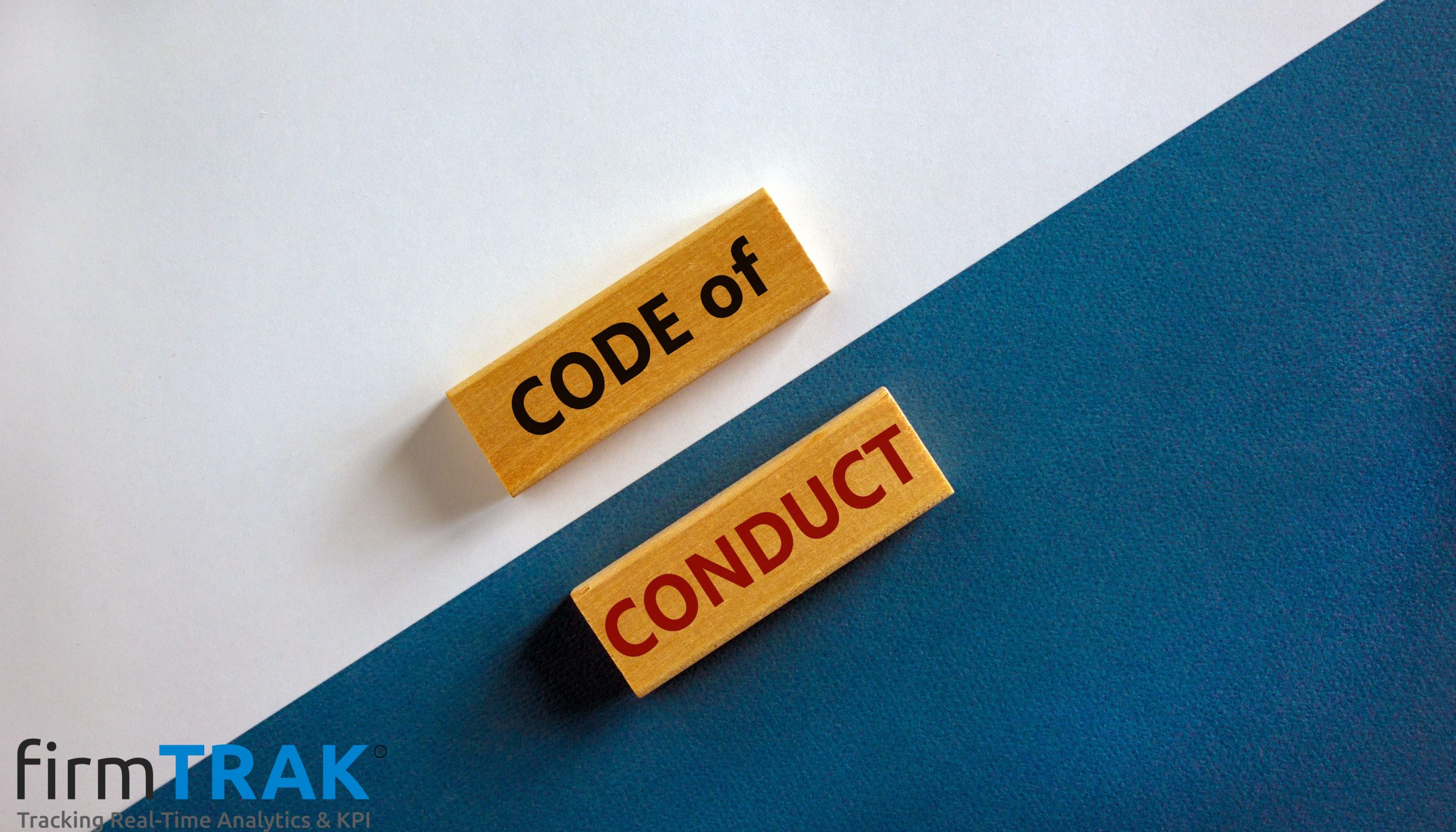As an attorney in Illinois, it’s important to stay up-to-date with changes to the rules of professional conduct. Recently, the Illinois Supreme Court has made significant updates to their rules, including the codification of three types of retainers, revamped language in rule 1.15 regarding safekeeping property, and the addition of a new section titled “New Rule 1.15A” Required Records. These rules will take effect on Jul 1, 2023 and were approved by the Illinois Supreme Court after reviewing suggestions from a work group consisting of the Illinois Attorney Registration and Disciplinary Commission (ARDC) and Lawyers Trust Fund (LTF).
These updates are especially important for attorneys when dealing with client trust funds and client refunds. The three types of retainers codified in the rules are the general retainer, special retainer, and advance fee retainer. Understanding the differences between these types of retainers is essential to ensuring compliance with the rules of professional conduct.
In addition to the codification of the three types of retainers, the language in rule 1.15 has been revamped. This rule outlines the general duties of attorneys regarding the safekeeping of property, including client funds. The updates to this rule provide more clarity and guidance for attorneys on how to comply with their duties.
Failure to Comply with Professional Conduct Rules can Result in Disciplinary Action
Furthermore, the addition of “New Rule 1.15A” Required Records highlights the importance of record-keeping when it comes to client funds. Attorneys must maintain accurate records of all transactions involving client funds, and failure to do so can result in disciplinary action.
If you’re an attorney in Illinois and you’re not keeping a close eye on your trust funds, it’s important to seek help in setting up proper records. FirmTRAK Solutions can provide assistance in this area, especially now that the rules of professional conduct have been updated with the new required records rule.
One specific addition outlined in the updated rules is the inclusion of language for completion of a three-way trust reconciliation to be maintained on at least a quarterly basis. This reconciliation involves comparing the balances in the client receipts and disbursements journals, the client ledgers, and the adjusted bank statement balance to ensure that all transactions have been properly recorded and that there are no discrepancies.
3 Way Trust Recs Must Now Be Maintained at Least Quarterly
According to the Illinois Supreme Court this is the definition of each part of the 3 way trust reconciliation.
Account Receipts/ Disbursements Journal – list chronologically all deposits and disbursements into the trust account, each deposit to list the date of the deposit, the source of each deposit, the client matter, the deposit number and the amount of the deposit, and maintain a copy of each item deposited. For all disbursements, list chronologically and identify each disbursement with the date of the disbursement check, the trust account check number, the payee, the purpose of the disbursement, the client matter and the amount of the disbursement check.
Client Ledger Journal – List chronologically for each client matter all receipts, disbursements and remaining balances, preparing a separate page for each client matter and listing chronologically all receipts and disbursements and remaining balance for each client matter.
Adjusted Bank Balance – Copies of all bank statements, deposit slips, canceled checks and reconciliation reports. For the reconciliation reports there must be a running balance maintained for all ledgers and account books monthly.
In conclusion, the recent updates to the rules of professional conduct in Illinois have important implications for attorneys who handle client funds. It’s important to stay informed of these updates and to ensure compliance with the new requirements. Seeking assistance from a professional like FirmTRAK Solutions can help you set up proper records and maintain compliance with the rules of professional conduct. Don’t forget to check out our social media and website for more information and updates on other topics. Visit: https://www.firmtrak.com/

